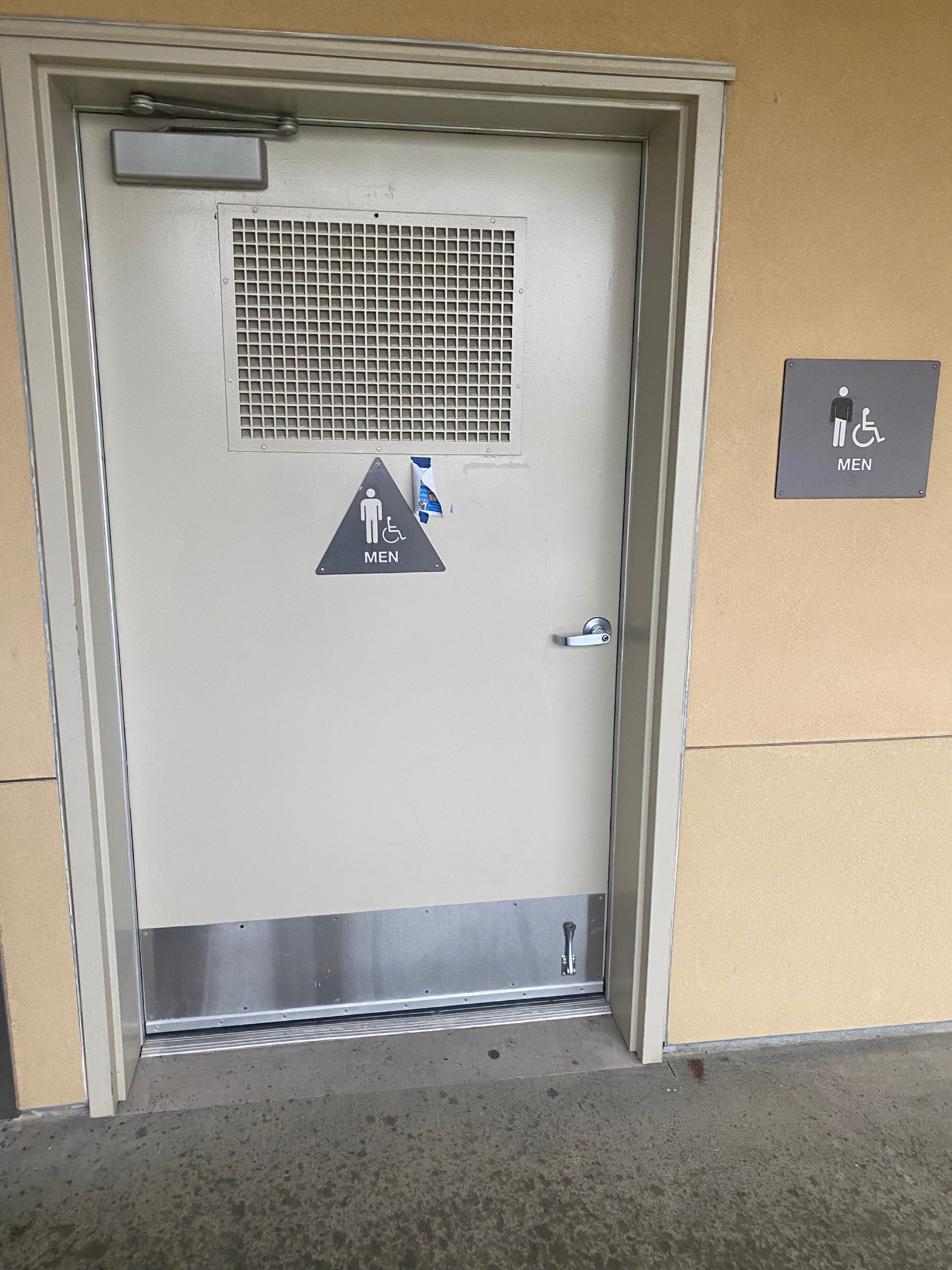The Unaccounted for Effects of Terrorism
The Al-Saegh family
Eagle time: Apr 29, 2019
Boom, then move.
On June 26, 2015, a suicide bomber obliterated the Imam Sadiq Mosque in Kuwait City, Kuwait. The bomber killed 27 people and wounded another 220. This act of terrorism affected more lives than just those who were killed.
Within weeks of the bombing, a family uprooted their life and moved 7,787 miles to San Carlos, Calif. This family was the Al-Saeghs, consisting of Muhammed Al-Saegh, native to Kuwait, Julie Al-Saegh, who’s originally from California, and their three daughters Sydrah, Amna and Genna.
The move resulted in the family having to split up. Muhammed was not able to leave his job in Kuwait because “he would have lost his work pension, or his retirement. You have to work a certain number of years, and he’s about six years away from that,” said Julie. This meant that Julie and their three daughters would have to move to California alone.
“It wasn’t easy,” Julie said. “It wasn’t an easy decision because you know it’s not easy, and the distance definitely puts a distance on your marriage, to be honest, so in the beginning, it was not always easy, but we’re always talking.”
Thankfully, Julie and her daughters did not have to deal with immigration issues due to their dual citizenship.
Amna thought moving to the United States “… was great because it looked super fun, especially moving to a new place.” When the family got to the United States, they moved in with Julie’s parents, but their house only had two bedrooms and one bath. Julie, Sydrah, Amna and Genna would end up sharing a room together for the next three and a half years.
“It was fun at first, but then the small space got to us and it made it difficult,” Amna said
Now, three years later, the Al-Saeghs have their own apartment. Julie and Amna share a room and Sydrah and Genna share a room.
Amna was often bullied in Kuwait because she is half Arabic and half American, meaning she’s lighter skinned than her cousins and previous classmates. When she heard she was going to be able to start a new school in the United States she was both “excited and nervous.”
“Well, when I first met her she seemed very nice,” one of Amnas first friends, Emily Cooney said. ”She was really quiet and didn’t talk much when we first met and I know her English wasn’t the best at first. But overall she was very sweet. As I got to know her, and she opened up I heard wonderful stories about Kuwait.”
With the girls all moving here at various ages—Genna still in elementary school, Amna beginning middle school and Sydrah beginning high school—they all have different opinions of which cultural background they most identify with.
“I’m more connected to Kuwait. I read, write, and speak Arabic fluently so I’m more adapted to that culture and prefer it,” said Sydrah.
Amna said that she also feels more ties with Kuwait, “but I like it here because I’m not comfortable with a lot of the things there [Kuwait], but I definitely wish I could adapt some of the same things here.”
On the other hand, “I could care less if I ever hear, speak, or see Arabic again,” said Genna.
Muhammed cannot join his wife and children until after Genna, the youngest, graduates high school and the kids are in college.
Genna was 9 when she moved to the United States; by the time Muhammed makes it to the United States, Genna will have lived half her life away from her father.
Julie’s advice for families going through similar situations is to “…reach out to a support system, find a community to get involved with, find some people and, you know, keep busy, find hobbies, stay connected.”
Terror attacks against Muslims, like the one in Kuwait that prompted the Al-Saegh family to move, are happening in many parts of the world. On March 15, 2019, in New Zealand two Christchurch Mosques were shot up, killing 50 people.
Then, barely a month later on April 21, 2019, bombings in Sri Lanka killed 350 people and injured many more. These terrorist attacks were against Christian churches on Easter Sunday, a day of worship for many.
As the attacks have proved, religion-based terrorism is not against one religion alone but the idea of religion itself. “No religion is responsible for terrorism. People are responsible for violence and terrorism,” former President of the United States Barack Obama said in 2015. Four years later, this quote is still prevalent.
Terror attacks are not against any one thing itself, instead, terrorists are against an idea. These attacks take place in many parts of the world, although the United States may not be directly affected, families in our country are and we need to do our part in the fight against terrorism.









































